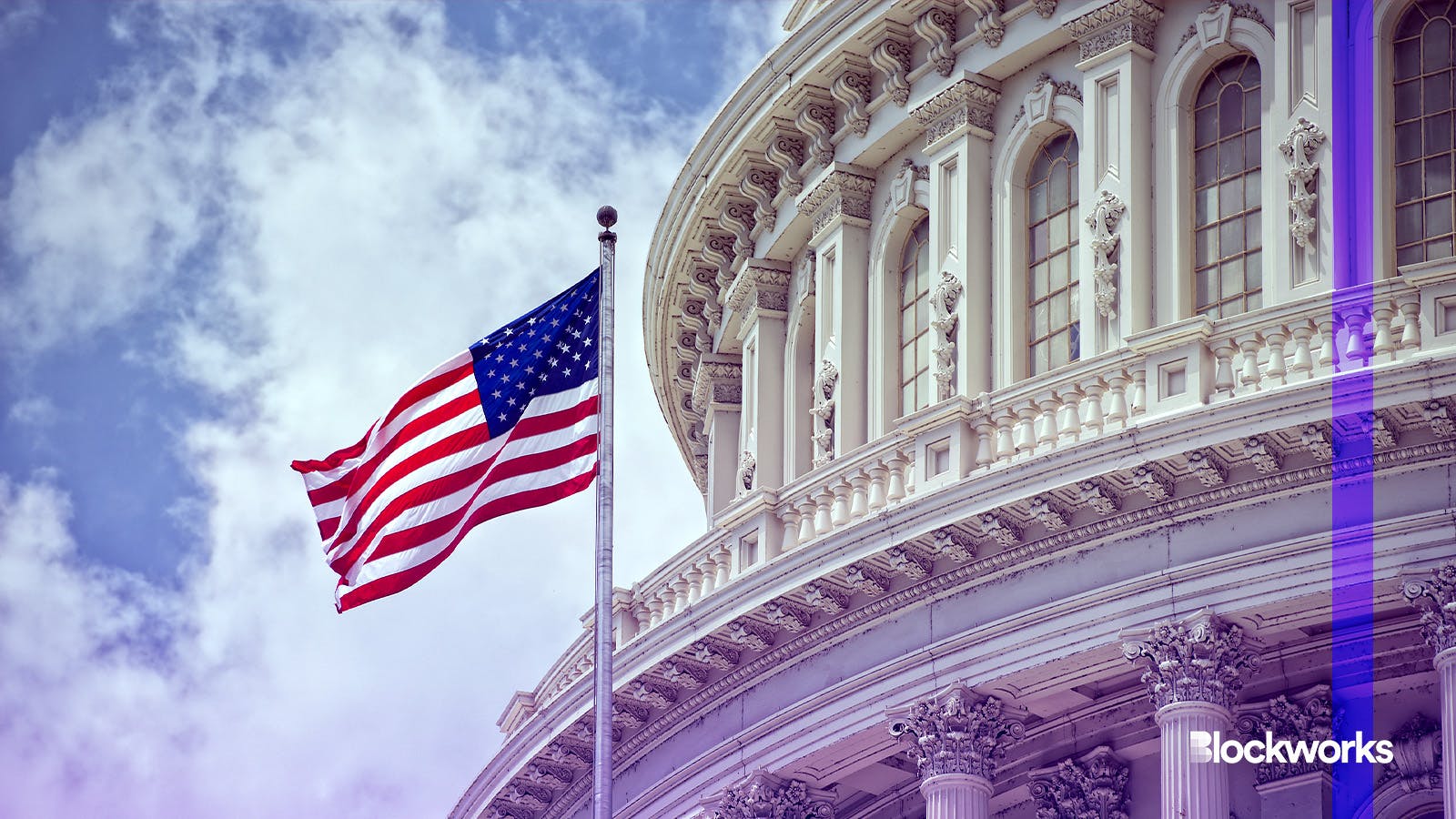Happy New Year: US government now holds more than $8B in bitcoin
The US government has been seizing and selling bitcoin for the past 10 years, when it should have just held

Andrea Izzotti/Shutterstock modified by Blockworks
Bitcoin holders have lots to be happy about in the New Year: Prices are up, a spot ETF seems all but approved, and a record number of bitcoins haven’t moved in one year. Today is even Bitcoin’s 15th birthday.
The US government should also be chuffed. Thanks to a healthy price rally, the Feds are now holding at least $8.3 billion in bitcoin — up from $5 billion less than three months ago.
Between November 2020 and 2022, authorities in three separate actions altogether disclosed seizing 207,189 bitcoin (BTC) tied to seminal dark web market Silk Road, its hacker Jimmy Zhong, as well as the hackers of crypto exchange Bitfinex.
Read more: DOJ gets Silk Road coins worth $305M stuck in Bitcoin mempool
Less than 5% of those hauls have been sold after officials offloaded 9,861 BTC once owned by Silk Road on Coinbase last February. The trades netted $215 million for $21,800 per bitcoin on average, about half the current price.
US attorneys at the time said they intended to sell the rest of Silk Road’s bitcoin — 41,491 BTC worth $1 billion then and $1.8 billion today — in four batches over the next calendar year, a period which expires in two months.
Only one batch has been potentially processed so far, when the US Department of Justice sent 8,200 BTC ($252 million then, $350 million now) to Coinbase last July. But it’s so far unconfirmed whether any trades actually took place.
Counting those transactions as sales would mean the US has generated $640 million by seizing and selling bitcoin over the past decade.
The price of bitcoin has multiplied 70 times in that time. Had the US government opted to hold all its seized bitcoin, rather than sell it, the Feds would still have around 400,000 BTC ($17.4 billion), nearly double its current cache.
Markets could indeed see more Silk Road bitcoin dumped by the US government over the next couple of months. There’s however no word yet on a timeline to sell the bitcoin seized from Bitfinex hackers Ilya “Dutch” Lichtenstein and Heather “Razzlekhan” Morgan.
In any case, the US could have the largest government bitcoin stash in the world, according to at least one set of researchers last year. The US was found leagues ahead of El Salvador, Ukraine, Bhutan, Venezuela and Finland, which together hold only 4,000 BTC ($172 million).
China was left out of that particular paper. Beijing seized 195,000 BTC ($8.4 billion) from crypto Ponzi scheme PlusToken in 2020 alongside swathes of other cryptocurrencies, including ether (ETH) and XRP.
If Beijing hasn’t sold too early like the US, that would put the two superpowers basically tied for bitcoin holdings.
Get the news in your inbox. Explore Blockworks newsletters:
- The Breakdown: Decoding crypto and the markets. Daily.
- 0xResearch: Alpha in your inbox. Think like an analyst.






